Your gums matter –protect them and your health
At Dawood & Tanner, we understand that gum disease isn’t just about your mouth—it can affect your entire well-being. From discomfort while eating to concerns about your breath, gum disease can impact your confidence, health, and daily routine. Our expert-led treatments are designed to restore your oral health and improve your quality of life.
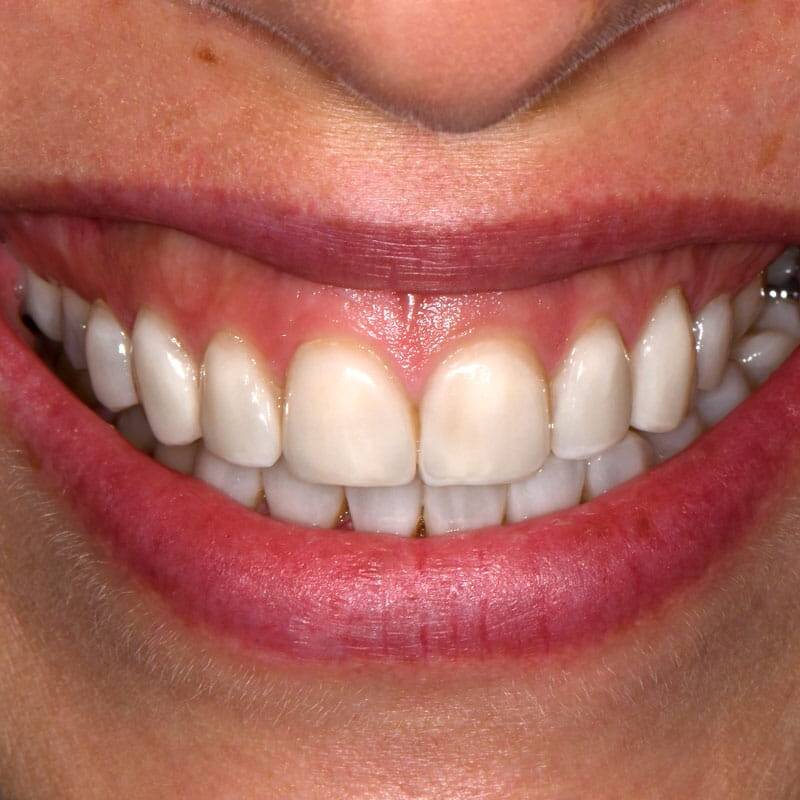
Signs and risks of gum disease
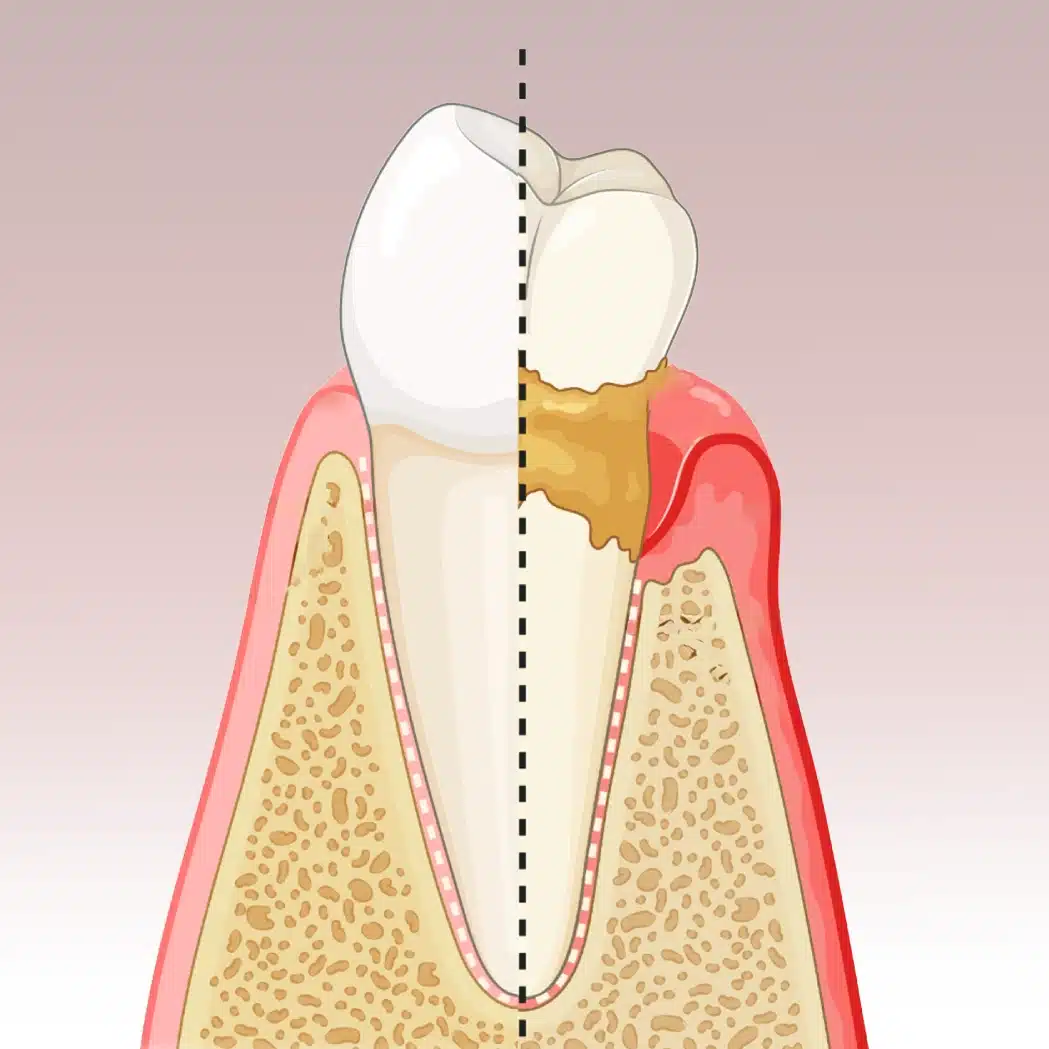
Pain and Sensitivity – Eating and drinking your favourite foods can become uncomfortable as gums recede and teeth become exposed.
Persistent Bad Breath – Even after brushing, bacteria below the gum line can cause ongoing bad breath, affecting social and professional interactions.
Bleeding Gums – Brushing and flossing shouldn’t cause bleeding, but for those with gum disease, even simple oral care routines can be a struggle.
Loose Teeth and Changes in Bite – As gum disease progresses, teeth may shift, making chewing difficult and even altering your smile.
Overall Health Risks – Gum disease has been linked to conditions like diabetes, heart disease, and complications in pregnancy, making treatment essential not just for your smile, but for your whole body.
Periodontitis Risk – Recent evidence is strengthening the proposed link between periodontitis and systemic diseases, including Alzheimer’s.
Our treatment options for your gums:
Non-Surgical Periodontal Therapy:
This involves thorough cleaning procedures, such as scaling and root planing, to remove plaque and tartar from below the gum line, promoting healing and reattachment of gums to teeth.
Gum Grafting:
For receding gums, we can perform gum grafts to cover exposed roots, reduce sensitivity, and improve the appearance of your smile.
Regenerative Procedures:
In cases where bone supporting your teeth has been destroyed, we can utilise regenerative techniques to encourage the regrowth of bone and tissue, restoring stability to your teeth.
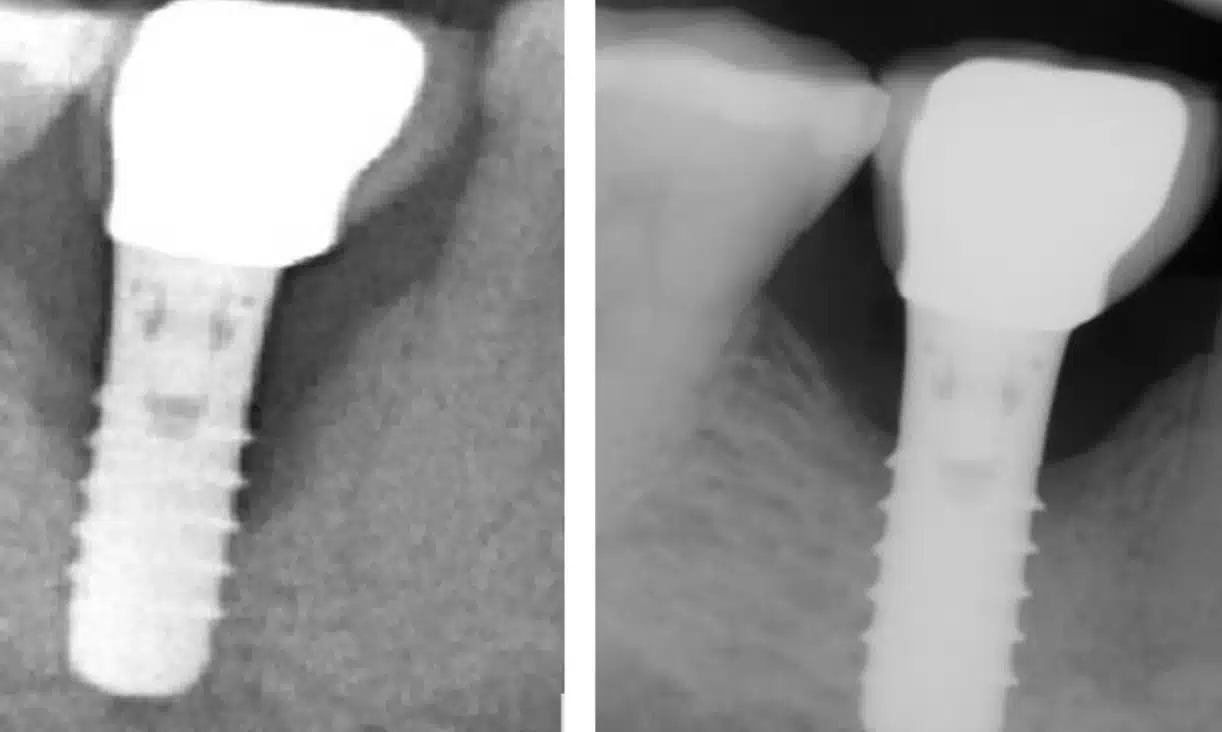
Examples of our successful gum treatments
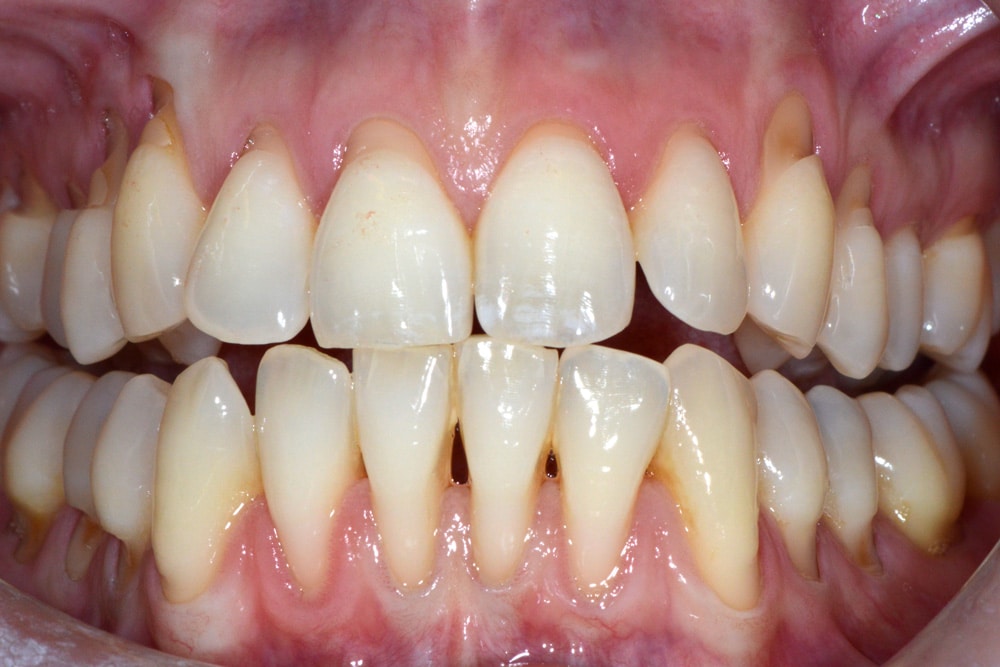
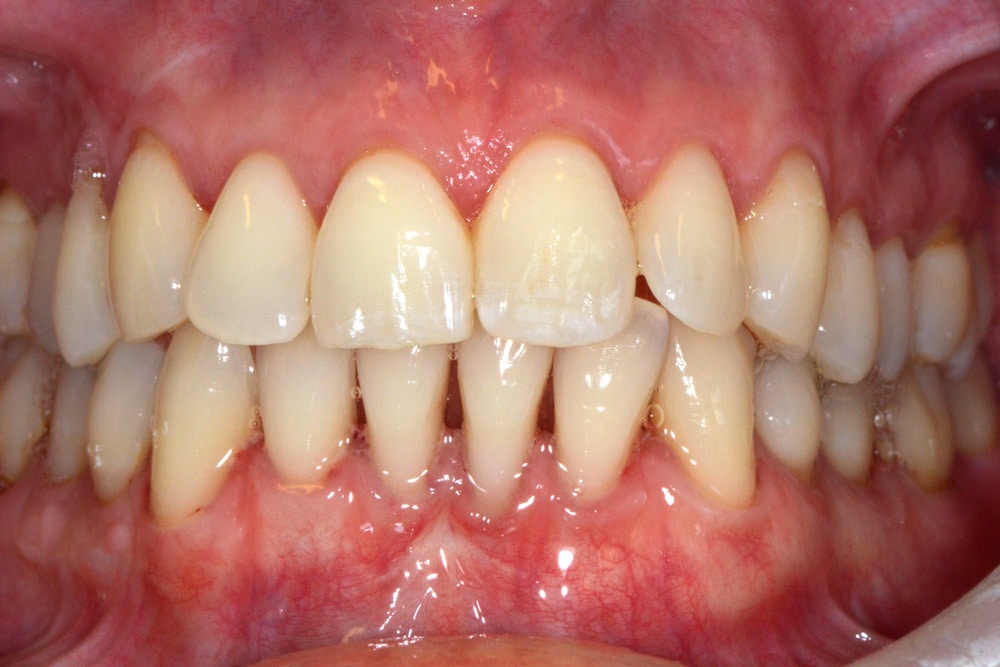
Gum Recession Treatment
Receding gums can often be repositioned with a quick, minimally invasive procedure that heals quickly. If the tissue is too thin, a graft may be required for added strength. The correct treatment helps restore and protect your gums.
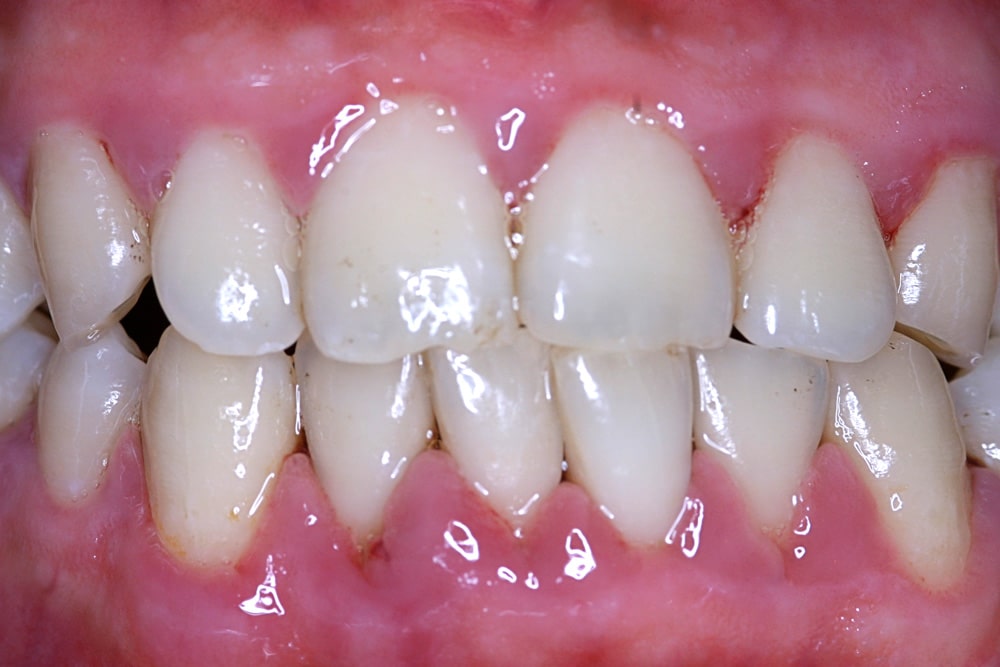
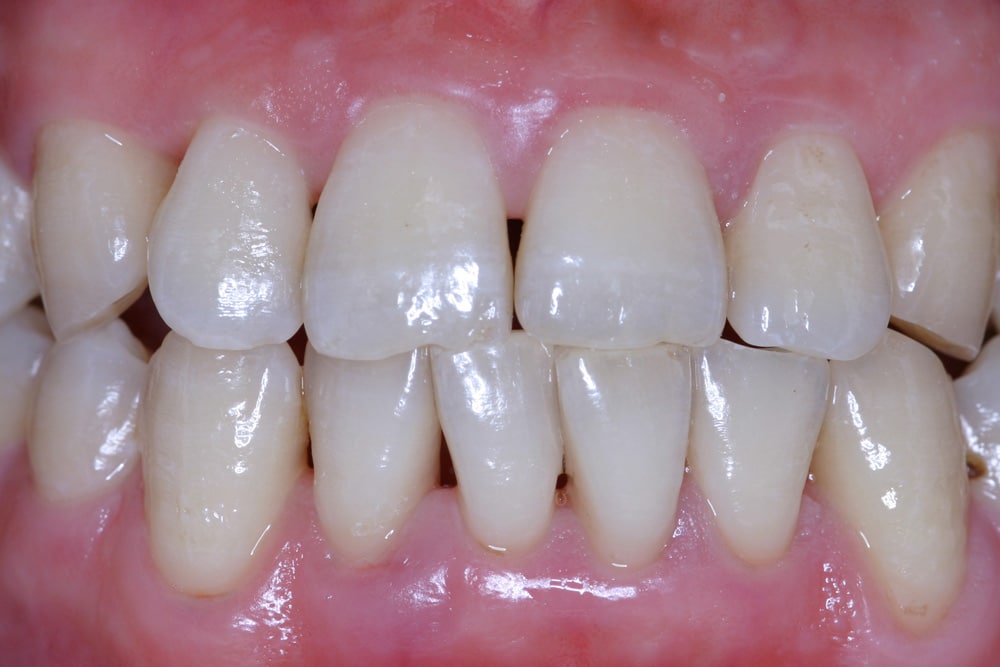
Gingivitis Treatment
Gum disease causes bone loss, loose teeth, and bite collapse. Regular check-ups and hygiene visits help prevent it, while advanced treatment can restore stability and protect your smile.
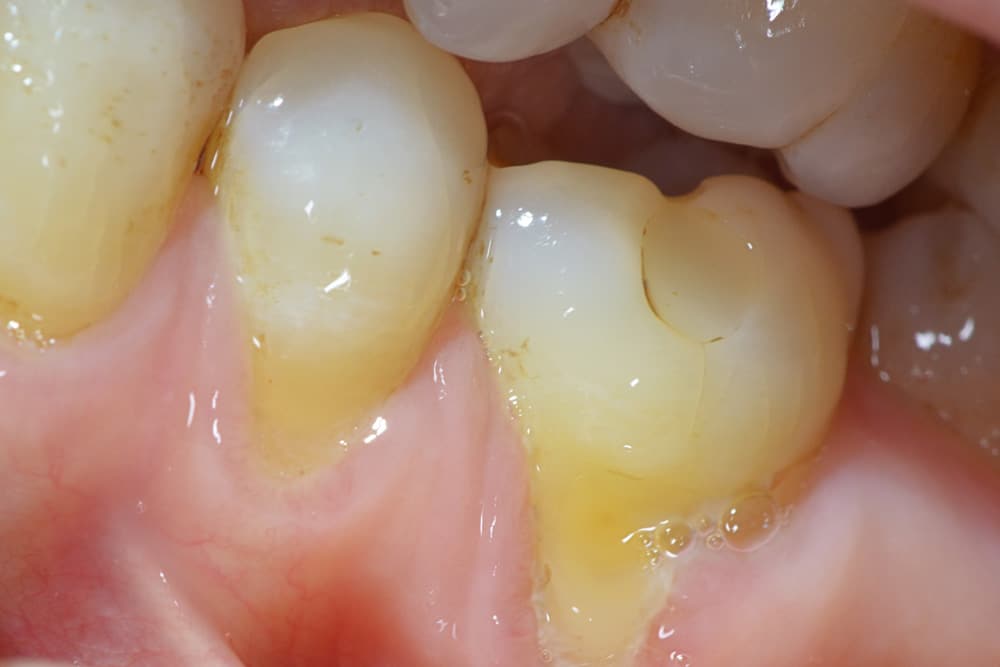
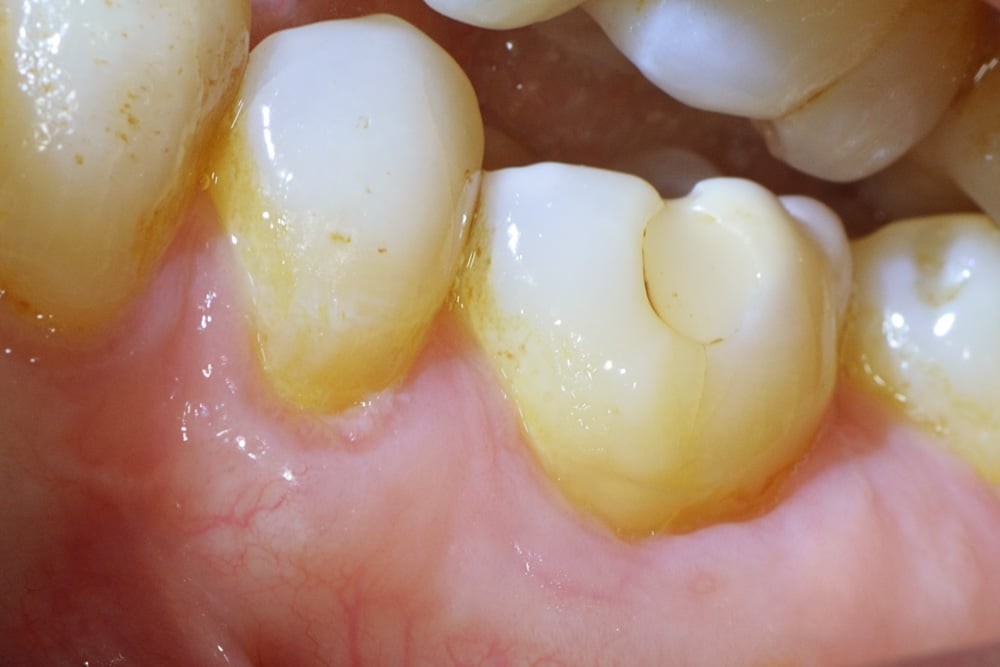
Gum Grafting
Gum grafts rebuild lost tissue, preventing further recession, tooth sensitivity, and damage. The graft can come from your own mouth or a collagen matrix, reducing recovery time. To ensure success, avoid smoking and maintain good oral hygiene.
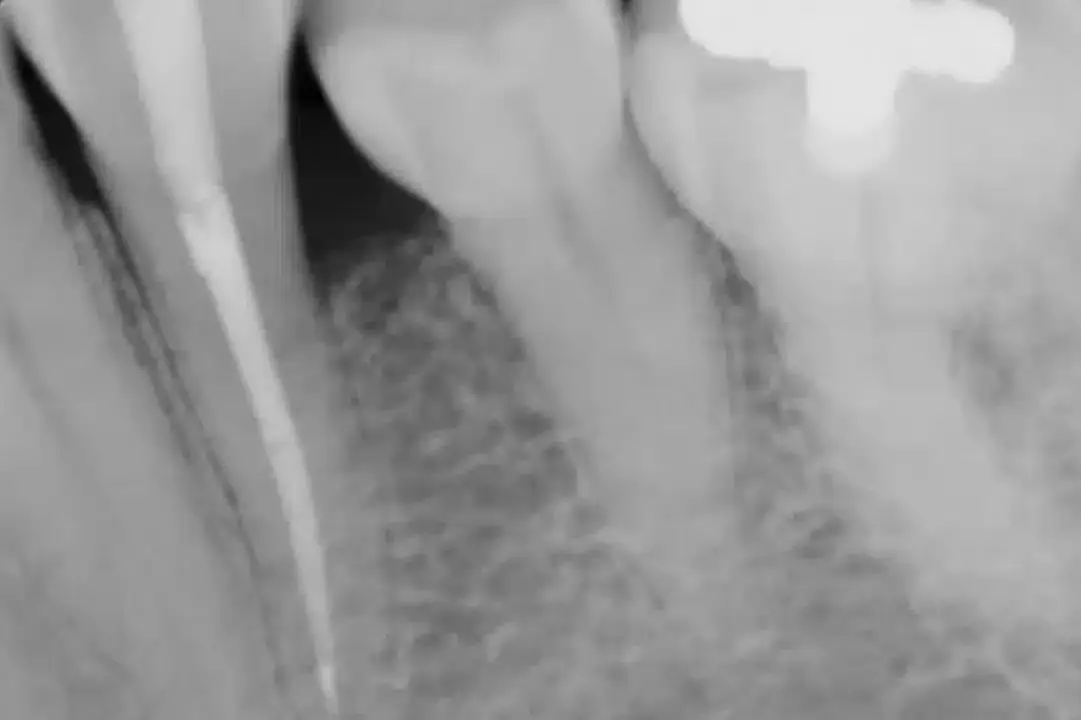
Regenerative Therapy
Regenerative treatments help rebuild lost bone around affected teeth, restoring strength and stability. A minimally invasive procedure can reposition receding gums, while thin tissues may require a graft for added support. Treatment depends on gum thickness and severity.
FAQ's about your gums and our treatments
Gum disease, or periodontal disease, is an infection of the tissues that support your teeth. It begins with plaque buildup on the teeth, leading to inflammation of the gums (gingivitis). If left untreated, it can progress to periodontitis, causing gum recession, bone loss, and even tooth loss.
Common symptoms include:
Red, swollen, or tender gums
Bleeding during brushing or flossing
Persistent bad breath
Receding gums
Loose or shifting teeth
Changes in bite alignment
If you experience any of these symptoms, it’s essential to consult a dental professional promptly.
Treatment depends on the severity of the condition:
Gingivitis: Professional cleaning and improved oral hygiene can reverse early-stage gum disease.
Periodontitis: May require scaling and root planing (deep cleaning), antibiotics, or surgical interventions like flap surgery or bone grafting.
Regular dental check-ups are crucial for early detection and management.
Effective treatment can:
Prevent tooth loss
Reduce the risk of systemic conditions like heart disease and diabetes
Eliminate bad breath
Improve gum health and appearance
Enhance overall oral comfort
Addressing gum disease promptly ensures better oral and general health.
Yes. Research indicates a link between periodontal disease and systemic conditions such as cardiovascular disease, diabetes, and respiratory infections. Maintaining healthy gums is vital for overall well-being.
A gum graft is a surgical procedure to replace lost gum tissue, often due to recession. It’s necessary when roots become exposed, leading to sensitivity and increased decay risk. Grafting helps protect teeth and improve gum aesthetics.
Bone regeneration involves procedures that encourage the regrowth of bone lost due to periodontitis. Techniques like guided tissue regeneration use membranes and bone grafts to stimulate bone growth, providing a stable foundation for teeth.
In its early stage (gingivitis), gum disease is reversible with proper care. However, advanced stages (periodontitis) can only be managed, not cured, emphasising the importance of early intervention.
Preventive measures include:
Brushing twice daily with fluoride toothpaste
Flossing daily
Regular dental check-ups and cleanings
Avoiding tobacco products
Maintaining a balanced diet
Consistent oral hygiene practices are key to preventing gum disease.
It’s recommended to have dental check-ups every six months. However, if you have a history of gum disease, your dentist may suggest more frequent visits to monitor and maintain gum health.
